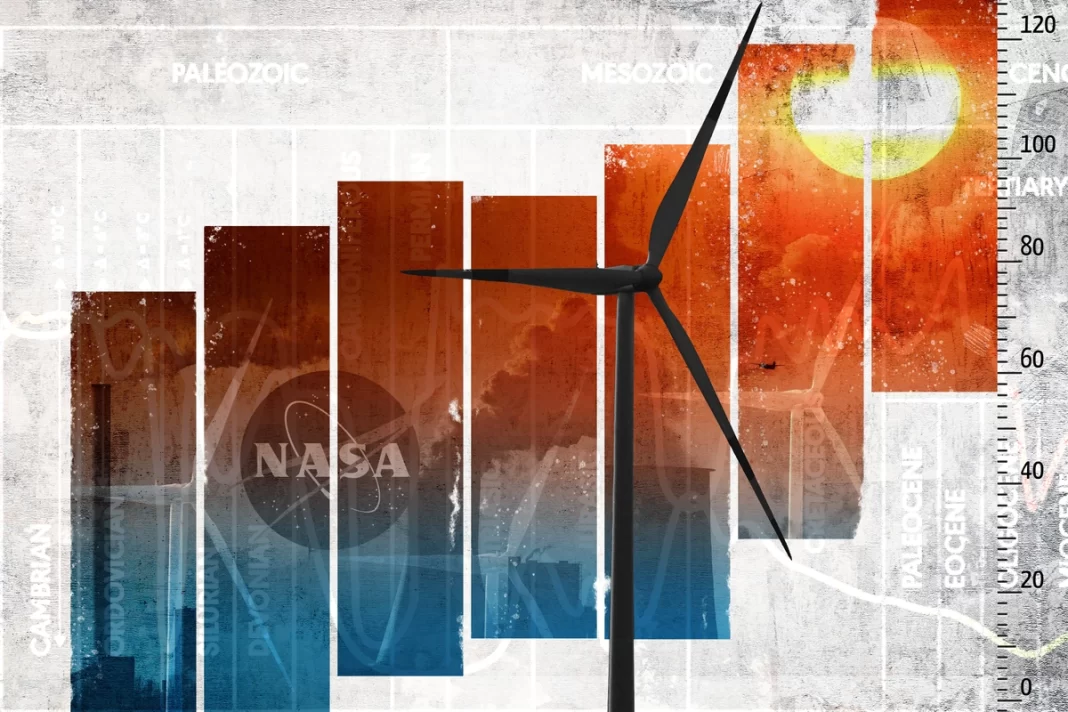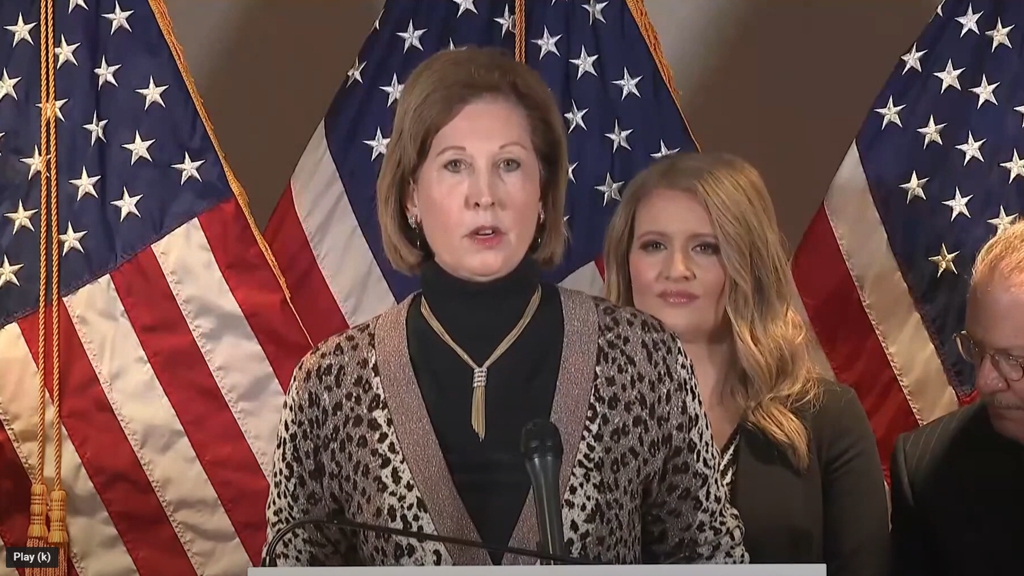
UN claims that human-caused CO2 emissions are imperiling the planet are ‘totally garbage,’ says scientist. ‘CO2 doesn’t cause a change in temperature.’
Each year from 2023 to 2030, climate change sustainable development goals will cost every person in economies such as the United States $2,026, the U.N. Conference on Trade and Development estimates. In lower-income economies, the per-person annual cost ranges from $332 to $1,864.
In total, the global price tag comes to about $5.5 trillion per year.
Separately, a report from the left-aligned nonprofit Climate Policy Initiative found that in 2021 and 2022, the world’s taxpayers spent $1.3 trillion each year on climate-related projects.
It also found that the “annual climate finance needed” from 2031 to 2050 is more than $10 trillion each year.
“Anyone who willfully denies the impact of climate change is condemning the American people to a very dangerous future,” President Joe Biden said on Nov. 14, 2023, while announcing $6 billion in new investments through the Inflation Reduction Act (IRA).
“The impacts we’re seeing are only going to get worse, more frequent, more ferocious, and more costly.”
At its signing in August 2022, President Biden said the IRA “invests $369 billion to take the most aggressive action ever—ever, ever, ever—in confronting the climate crisis and strengthening our economic—our energy security.”
A report from Goldman Sachs put the dollar amount much higher, stating, “Critical funding for this next energy revolution is expected to come from the IRA, which will provide an estimated $1.2 trillion of incentives by 2032.”
The trillions of dollars being poured into new initiatives stem from the goals set by the United Nations’ Paris Agreement’s legally binding international treaty to “substantially reduce global greenhouse gas emissions” in the hope of maintaining a temperature of no more than 1.5 degrees Celsius above pre-industrial levels.
But any decrease in carbon dioxide (CO2) emissions won’t have an effect for hundreds to thousands of years—even under the most restrictive circumstances, according to some experts.
“If emissions of CO2 stopped altogether, it would take many thousands of years for atmospheric CO2 to return to ‘pre-industrial’ levels,” the Royal Society states in a report on its website. The organization describes itself as a “fellowship of many of the world’s most eminent scientists.”
“Surface temperatures would stay elevated for at least a thousand years, implying a long-term commitment to a warmer planet due to past and current emissions,” the report states. “The current CO2-induced warming of Earth is therefore essentially irreversible on human timescales.”
A frequently asked questions page on NASA’s website holds the same position.
“If we stopped emitting greenhouse gases today, the rise in global temperatures would begin to flatten within a few years. Temperatures would then plateau but remain well-elevated for many, many centuries,” NASA states.
And, other scientists say, that’s because CO2 isn’t the culprit in the first place.
“CO2 does not cause global warming. Global warming causes more CO2,” said Edwin Berry, a theoretical physicist and certified consulting meteorologist. He called Royal Society’s position on CO2 “pure junk science.”
Ian Clark, emeritus professor for the Department of Earth and Environmental Sciences at the University of Ottawa, agreed that if all greenhouse gas emissions ceased today, the Earth would continue warming—but not because of CO2.
He said that contrary to popular opinion, temperature doesn’t follow CO2—instead, CO2 follows temperature, which, itself, is due to solar activity.
By Katie Spence








